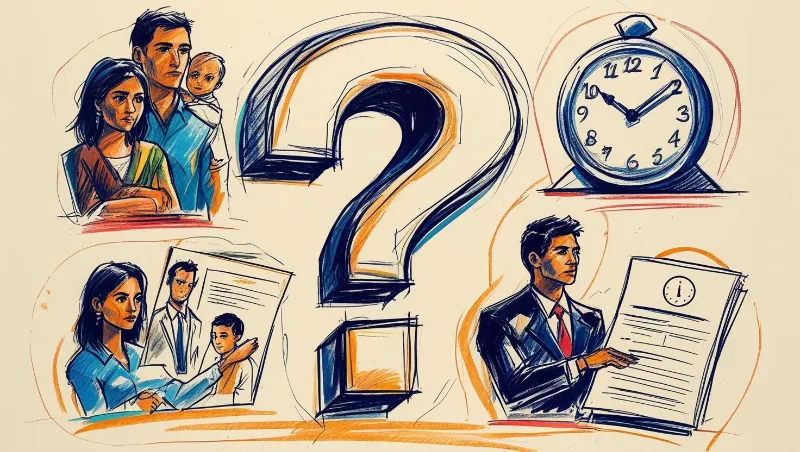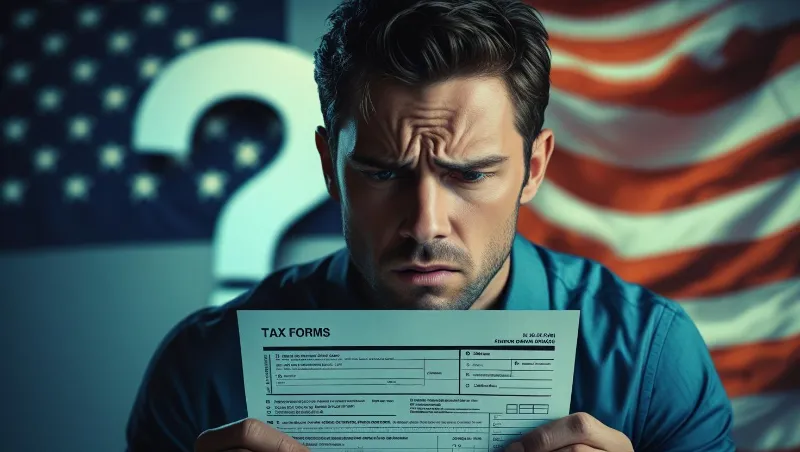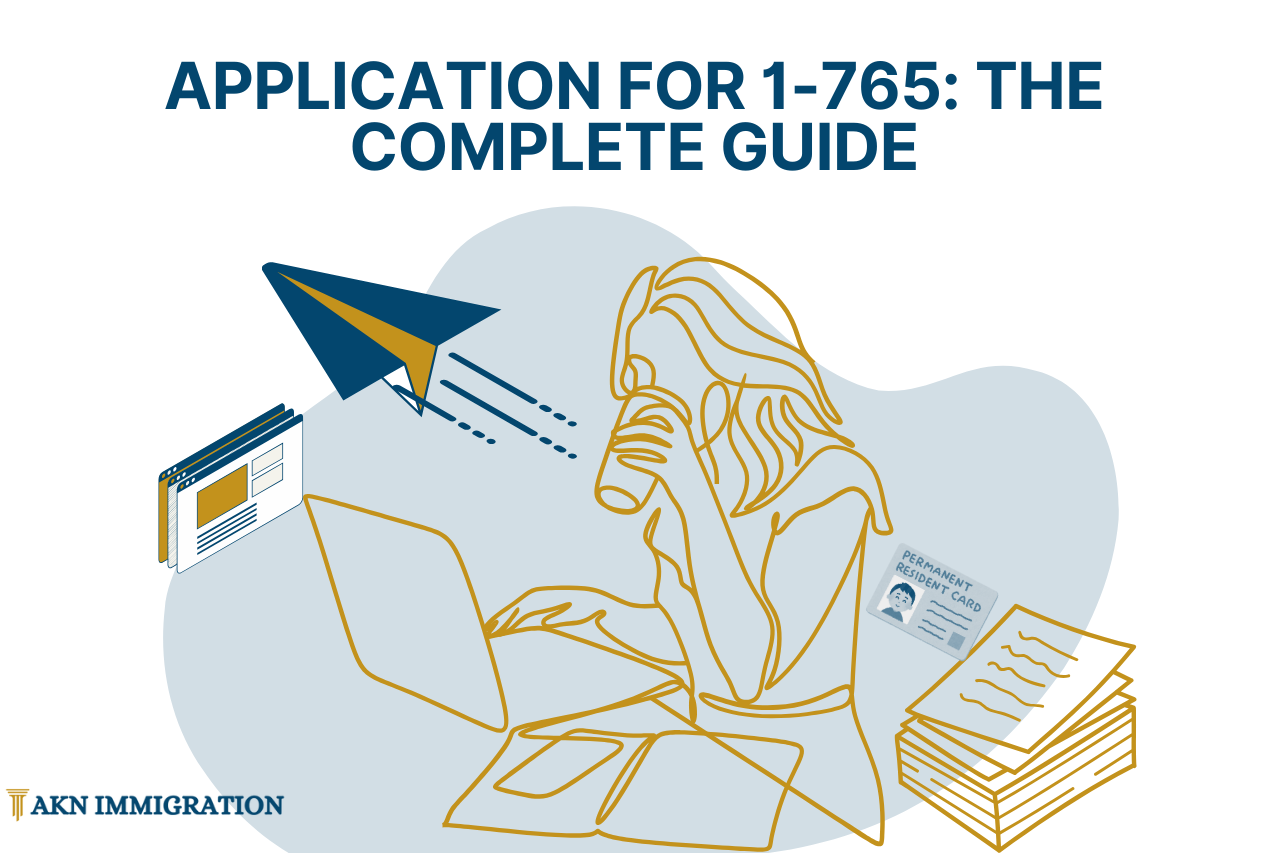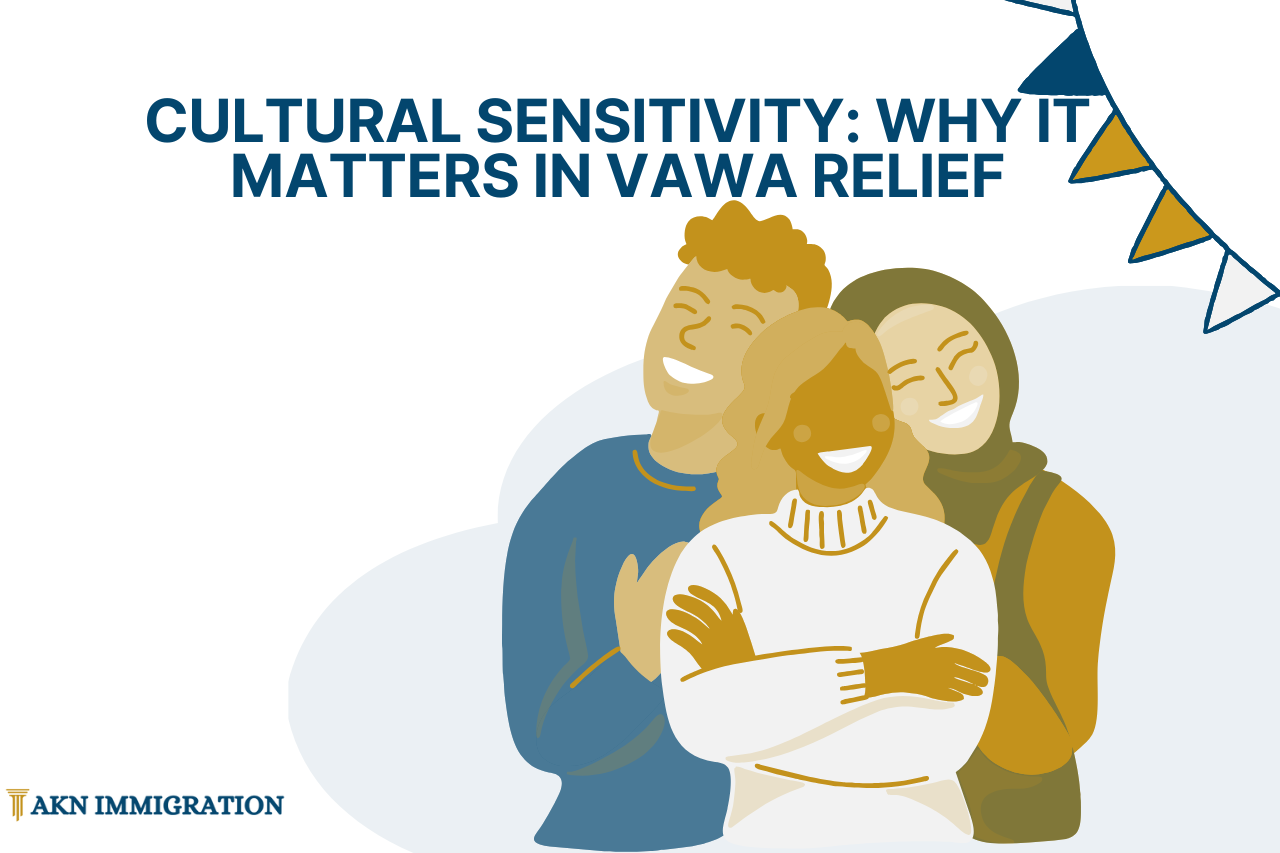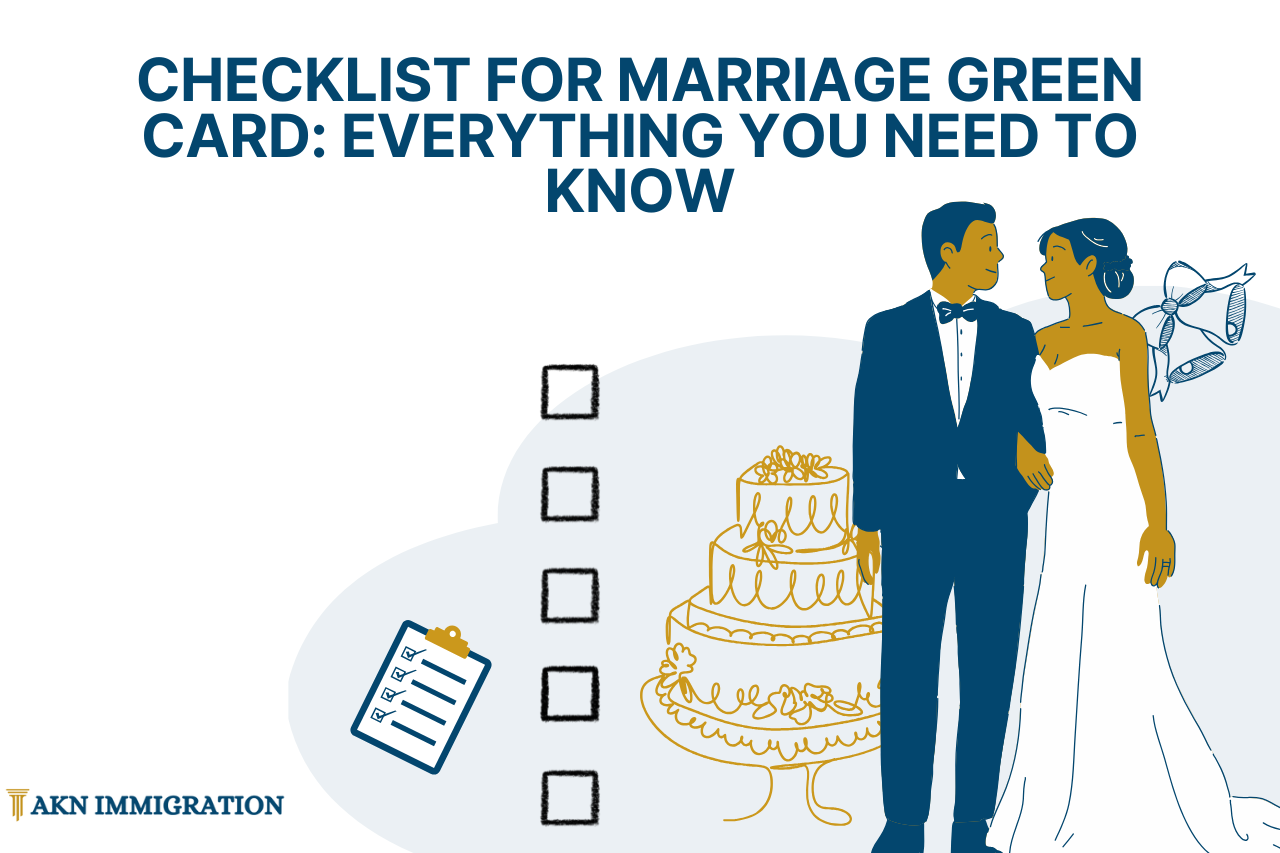Applying for a VAWA self-petition is a significant step toward seeking protection and justice for abuse survivors. However, this path comes with its own set of questions and uncertainties. Let’s explore some common FAQs related to VAWA self-petitions and how to address them. However, if you want to know more about the VAWA visa requirements, please click here
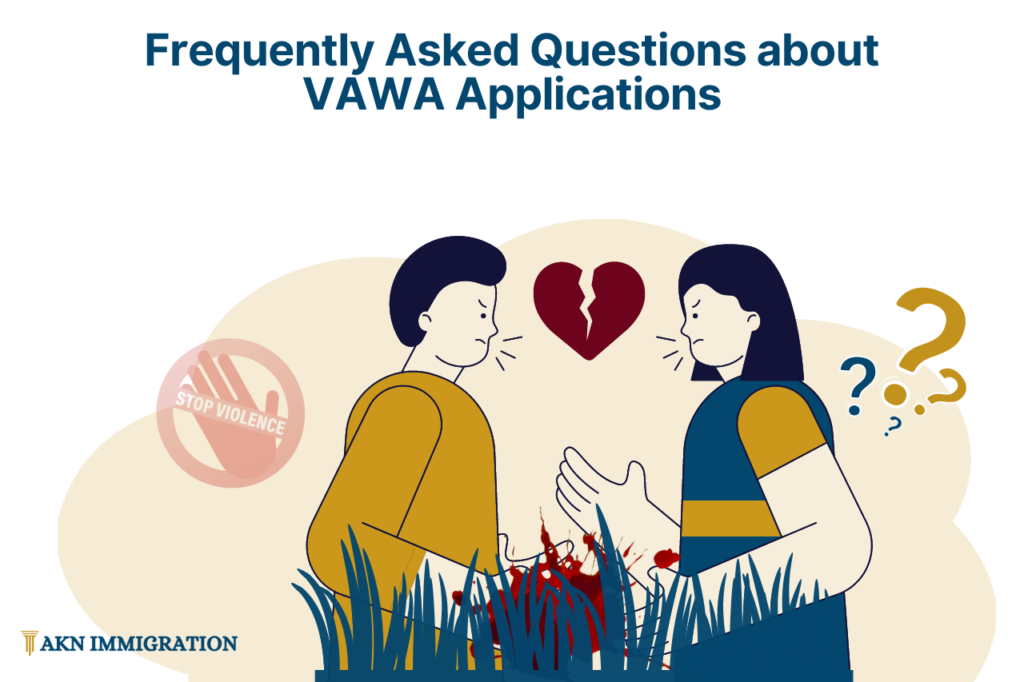
Hello. I’m Aisha Nanyanzi, an immigration attorney who helps domestic violence victims secure their immigration status through VAWA petitions. I am passionate about advocating for survivors, especially children, and ensuring they have the legal support needed to navigate the complexities of VAWA and achieve safety and stability in the United States. If you or someone you know has experienced domestic violence and needs assistance with a VAWA petition for a child, Please reach out to me here
What Types of Abuse Qualify a Migrant for VAWA Protection?
VAWA provides crucial protection for non-citizens who have endured battery or extreme cruelty from a U.S. citizen. The definition of abuse under VAWA is comprehensive, encompassing among others, physical, psychological, and sexual abuse and exploitation.
This includes both actual acts of violence and threats of violence, which can cause physical or mental harm. It’s important to emphasise that the abuse must have been perpetrated by the citizen or LPR spouse against the self-petitioner. Additionally the self-petitioner’s child, and it must have occurred within the context of the relationship.
Does Psychological Abuse Count for VAWA Eligibility?
Yes, psychological abuse does count toward VAWA eligibility. The U.S. Citizenship and Immigration Services (USCIS) regulations state that being the victim of any act or threatened act of violence, which includes forceful detention that results or threatens to result in physical or mental injury, qualifies as abuse. Psychological, sexual abuse or exploitation, including rape, molestation, incest (if the victim is a minor), or forced prostitution, are considered acts of violence under VAWA.
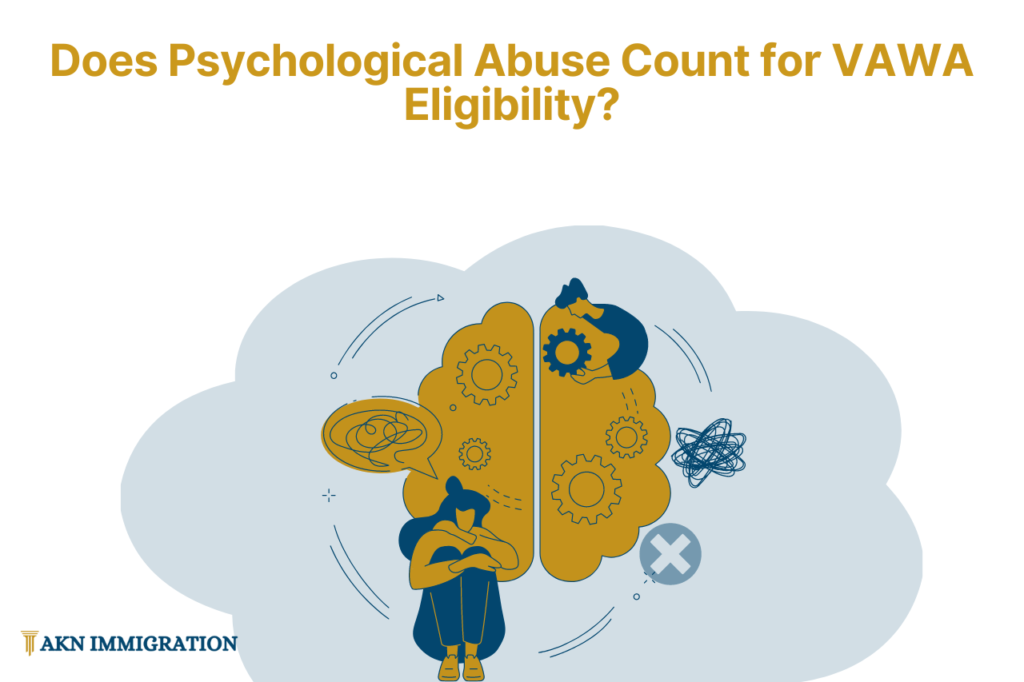
What Evidence is Required to Prove the Abuse for a VAWA Petition?
The self-petitioner needs to provide evidence that clearly shows, by a preponderance of the evidence, that they qualify for a VAWA petition due to abuse. This evidence may consist of:
- A personal statement detailing the abusive relationship.
- Police records documenting incidents of abuse.
- Medical records detailing injuries sustained from abuse.
- Affidavits from witnesses who have observed the abuse.
- Documentation of the abuser’s U.S. citizenship or LPR status.
- Proof of living with the abuser.
- Proof of current residency in the United States.
This list is not exhaustive and you should always speak with your immigration attorney about any and all evidence you have of abuse.
Applicants must ensure they have the correct USCIS address to avoid such pitfalls. It’s also advisable to use certified mail or other secure delivery methods to track the documents’ progress and ensure their safe delivery to the intended recipient.
Can Threats of Violence Qualify for VAWA?
Yes, threats of violence can also be considered for VAWA protection. According to USCIS regulations, being threatened with violence falls under the definition of ‘was battered by or was the subject of extreme cruelty.’ This means that even if the abuse doesn’t result in physical harm, the threat alone can still be seen as an act of violence and be eligible for VAWA protection.
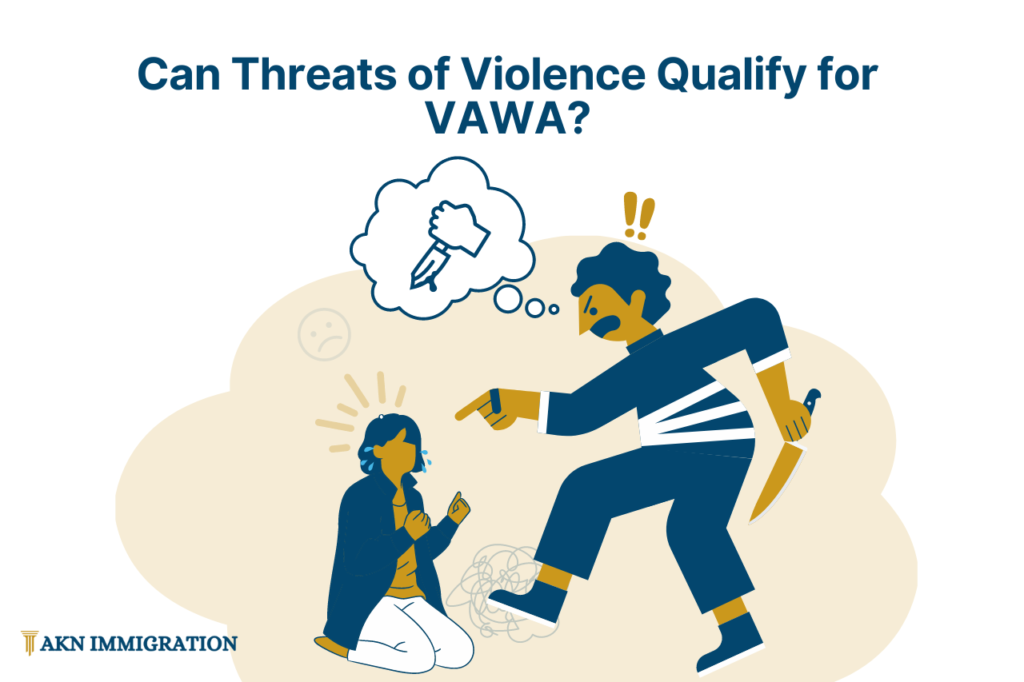
Can I Apply for a Green Card Concurrently with My Petition?
Yes, some VAWA self-petitioners can file for a green card concurrently with your VAWA self-petition. This approach can expedite the overall immigration process, but there are important considerations:
- Work Permits and Travel Authorizations: Filing concurrently may allow you to receive work permits and travel authorizations within six months.
- Extended Processing Time: Concurrent filing can sometimes extend the overall processing time, particularly if there are complicating factors such as a criminal record or prior immigration violations.
What Happens If I Fill Out the Wrong Forms?
Filling out the wrong forms for your VAWA application can have serious consequences. The accuracy of paperwork in VAWA applications is paramount. Submitting incorrect forms can lead to outright denials, as each form serves a specific purpose containing unique information pertinent to the VAWA process. An error in this initial step can derail the entire application, emphasizing the need for careful review and adherence to USCIS guidelines. Utilizing USCIS guidelines to ensure proper form completion and streamline your application process is crucial.
Please contact us if you have any further questions or need assistance with your VAWA application. We are here to help you navigate this complex process and ensure you get the protection and relief you deserve.
Yes, adherence to USCIS schedules is crucial. Missing appointments or failing to respond to requests promptly can jeopardize the application’s success and lead to denial.
Responding promptly to USCIS requests demonstrates your commitment to the application process and can positively influence the adjudication of your case.
How Can Hiring Non-Attorneys or Unqualified Attorneys Lead to Denial?
Expertise is critical in guiding applicants through the VAWA process. Engaging non-attorneys or attorneys lacking specialization in immigration law can result in critical errors, emphasizing the importance of qualified legal counsel.
By entrusting your VAWA application to experienced professionals, you can minimize the risk of critical errors and increase your chances of a successful outcome.
Embarking on the journey of applying for a VAWA self-petition is a significant step toward seeking protection and justice for survivors of abuse.
However, this path has challenges, and understanding the common pitfalls can be crucial to successfully navigating the process.

